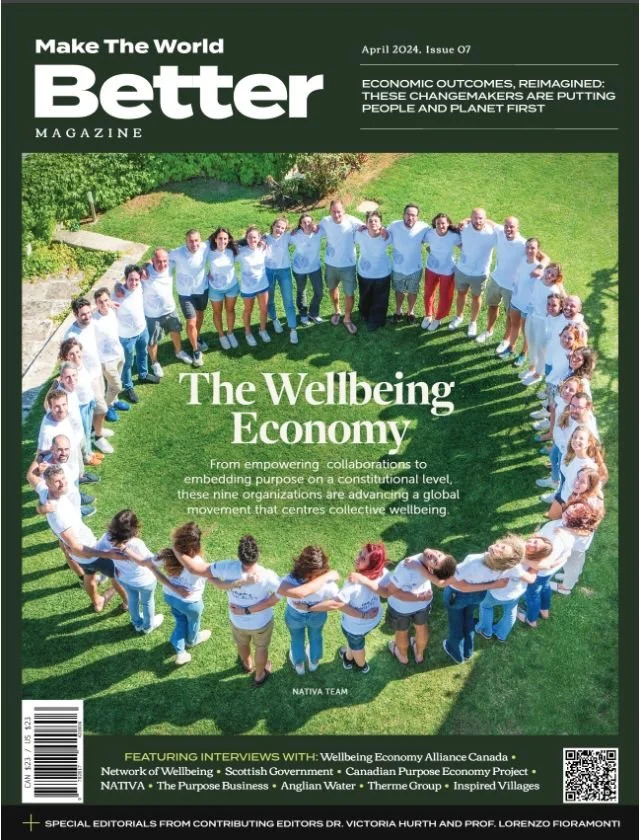A plastic straws and stirrers ban in the Philippines?
As the Philippines debates a nationwide ban on plastic straws and stirrers, TPB Sustainability Advisors Ny-Ann Nolasco and Carissa Pobre investigate its potential impact.
Throughout the world we are experiencing a changing culture around the ways we produce and consume. The Philippines is no exception to this global movement, and among Filipinos there has been increasing awareness about the environment, particularly the negative impacts of plastic waste.
This is not least because the country is notoriously the third-largest source of discarded plastic that ends up in the ocean, behind only China and Indonesia, according to a 2017 report by the Ocean Conservancy. Its fellow countries in Southeast Asia have set out their respective nationwide initiatives on plastic reduction, ramping up the urgency to address this global problem. Not to mention high-profile issues such as the closure of Boracay Island from April to October 2018 have abetted the local environmental agenda; the municipal government has since prohibited single-use plastics in the island, amid other restrictions to prevent further coastal and marine degradation.
The Philippines has been taking action on plastics, and the government is in the midst of reviewing a proposed nationwide ban on plastic straws and stirrers. So what impact could Senate Bill (SB) 1866, Philippine Ban on Plastic Straws and Stirrers have?
Banning the straw: understanding the impact
The Philippine SB 1866 is a government initiative toward addressing the challenge of extreme plastic pollution, as a market failure created by the private sector. More specifically, it addresses a negative externality where the environmental, social or economic costs of a product is incurred by a third party. In this case: the plastic straws and stirrers waste generated by companies that negatively impact local marine animals, local economies, and municipal waste streams.
Many argue against the banning of plastic straws, or perhaps more accurately, wonder whether this solution is enough. Fast Company have argued that this will not save the ocean, given that the impact to total plastic waste volume, on which SB 1866’s policymaking intention is founded, may not be quite significant. Other types of marine waste need to be accounted for toward making substantial environmental changes, especially from a regulatory perspective. After all, straws and stirrers are ‘deemed the least among plastic products that contribute to the plastic crisis’ – which the proposed SB 1866 does humbly admit.
The conversation on banning plastic straws and stirrers is arguably the gateway drug to marine conservation. From plastic straws, we can move the conversation towards cigarette butts to balloons to ghost nets, and to microplastics in the ocean. And to commercial overfishing and sustainable fishing practices.
To be sure, SB 1866 alone cannot solve plastic pollution, and the dialogue needs to be directed so that proponents and opponents are discussing the same thing: straws and stirrers cause the death of turtle and seabird every year. An estimated 1,000,000 seabirds die every year from straws alone. Individual straws and stirrers may be small in size, but as Change.org’s Juliana Britto Schwartz states, pledges to avoid straws are an accessible way for the community to understand and reconnect to our responsibility to the ocean.
Philippines’ plastic straws and stirrers ban
SB 1866 proposes a simple, ambitious, albeit still vague plan. Eliminating ‘high-visibility’ waste like straws and stirrers is one incremental solution at a nationwide scale, and should it be implemented, over 4200 food establishments in the Philippines (as of 2015 Census) will need to contend with the basic principle that these are largely unnecessary items in their day-to-day operations. The bill also proposes that they will have to consider how to introduce alternatives to individual consumers, and ask if they were really needed in the first place.
SB 1866 also takes strides toward protecting local coastal community economies and in a global context, an effort toward contributing to the UN Sustainable Development Goal (SDGs) 14, Life Below Water, which the Philippines has been keen to support in protecting the health of our oceans and marine resources.
Proposed implementation includes penalties for any food establishments caught using plastic straws and stirrers. First offence penalty for restaurants is a Php 50,000 fee. Second offence penalty Php 80,000 fee. Third offence penalty is Php 150,000 and a year’s suspension of their business license. All fees collected will be allocated to Department of Environment and Natural Resources (DENR) water-system programs.
Tackling the plastic challenge
SB 1866 is created with the right intention: to protect the Philippines’ natural resources. As with any good idea, it comes down to the implementation and execution of this policy. From an economic perspective, it has the potential for a significant revenue stream for DENR. At the same time, there is a need to deepen the conversation on marine conversation, understanding that the challenge we need to tackle is managing extreme volumes of plastic production, use and disposal.
The argument for banning plastic straws and stirrers is not the based on the merits of the environmental impact of the ban. Rather, global conversation on this topic focuses on the efficacy of implementation and significance of its impact. One does wonder about the broad questions: Who pays for the local economy collapse when the corals are desecrated due to these plastic wastes? Who pays for the local clean-up efforts when plastics wash up on the shore? At the other end, how can we stimulate and drive innovation around plastics and sustainable packaging overall? Many Filipinos are still wondering how the learnings from Boracay will be sustained even after the major cleanup, being a ‘belated’ cautionary example on the need for better environmental regulation and management throughout the country. On tackling the plastic challenge, it will likewise take comprehensive strategies to manage and phase out single-use plastic waste across operational value chains




